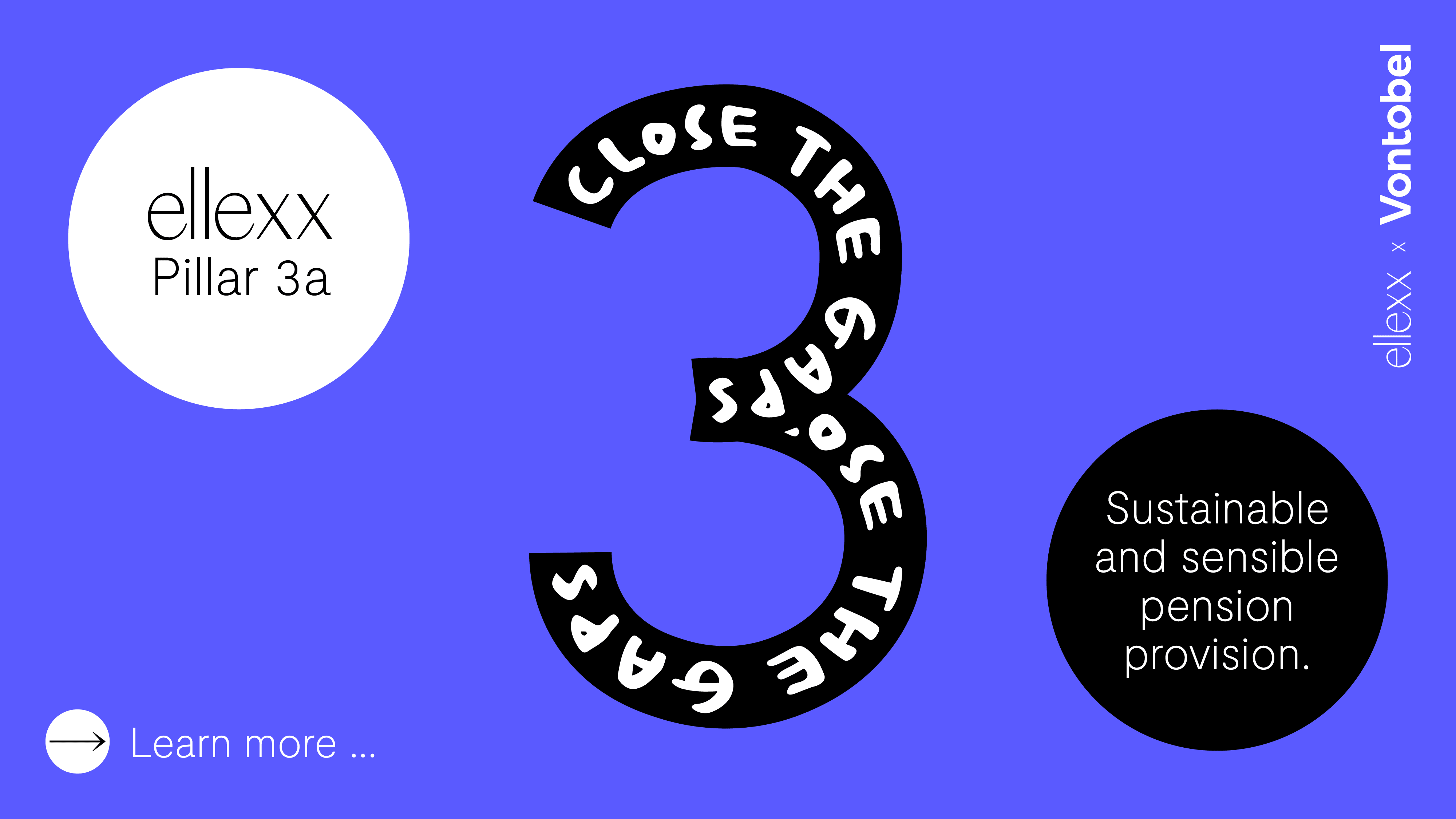Are you more frugal, or do you like to spend your money freely? Do you think a lot about your financial situation, or do you take a relaxed approach to the topic? Do you like to talk about money, or do you prefer to keep your bank balance to yourself? And what does money trigger in you – positive feelings or stress?
Our relationship with money partly depends on our current financial situation: Are we privileged enough to have sufficient funds for our lives, or are we constantly short of money? Our handling of money is also strongly influenced by our upbringing. This, in turn, is partly dependent on our gender. Conversations about money with girls differ from those with boys. While parents teach girls to save and be cautious with money, boys are encouraged early on to take control of their finances and enjoy money.
This has a lasting impact on our attitude and handling of money. Anne Herrmann is a professor of economic psychology and head of the Institute for Market Supply and Consumer Decisions at the University of Applied Sciences and Arts Northwestern Switzerland. In an interview, she explains how we can recognize and change our so-called money beliefs.
Anne Herrmann, what shapes our attitude toward money?
First of all: When it comes to money, we are rarely truly rational – neither when deciding how to spend it nor when assessing our financial situation. How we perceive and spend money, as well as our financial skills, are strongly influenced by our parents. We all learn by observing our parents, and this includes how we deal with money. Therefore, our current relationship with money has a lot to do with what our parents modeled for us.
Why is this problematic?
It’s not necessarily problematic, but there are things we should consider. For example, we might have adopted an attitude toward money that was appropriate for our parents' generation but not for ours. Our financial situation might also be very different from that of our parents. The rules instilled in us during childhood might no longer apply. Lastly, we may have misunderstood our parents' behavior and drawn incorrect conclusions. Therefore, it is worth asking: What is my attitude toward money? Where does it come from? Does it still make sense for my current life and financial situation?
How do men and women differ in their relationship to money and money beliefs?
There are still strong gender stereotypes when it comes to money. Men often find it easier to be proud of their financial achievements. Earning and wanting to earn a lot of money is more socially accepted for men. They can justify it by saying they do it not just for themselves but for their families as well. For women, this is often different. Their attitude is usually less positive and less ambitious. Women are often said to lack interest in financial matters and to exhibit a lot of avoidance behavior, which impacts their handling of money.
Can you explain that?
In our society, many traditional family patterns are still adopted. In today's partnerships, the division of roles is often similar to that of the parents, with men taking on financial responsibility. Following this pattern, many women delegate major financial decisions to their partners. This can also be due to family influence. If there was little discussion about money in the family – especially with the girls – it affects our competence in dealing with money. We simply haven't learned what it means to make financial decisions consciously and well-informed.
How can we change our attitude toward money?
We can change our money beliefs even in adulthood. The first step is to question what we learned in childhood to possibly discard hindering beliefs. We need to become aware of our beliefs. Various questions can help, such as: Am I proud or embarrassed to have or earn a lot of money? Does spending money make me happy or anxious? Do I believe I will have too much or too little money in the future? Based on our answers, we can explore the reasons for these feelings and thoughts.
And what comes out of that?
We might find that we were confronted with certain sayings in childhood, such as: "A penny saved is a penny earned" (be frugal) or "Easy come, easy go" (money can be lost quickly). We should ask ourselves whether these feelings and thoughts still fit our life and financial situation. More importantly, we should examine whether they are beneficial to our life quality and happiness.
What should one do if money beliefs are not beneficial?
To change unhelpful money beliefs, it helps to exchange ideas with others – especially those who handle money differently. Beliefs develop and change through ongoing engagement. We can also observe ourselves in daily life and consciously change and reflect on our behavior, as our attitude toward money influences many small everyday decisions. Even if we lack financial skills, we can acquire them as adults. It is important to be motivated to engage with this aspect, learn new things, and question our behavior.
Why do you think it is important for women to take control of their finances?
Many women would benefit from having a more positive and ambitious attitude toward money and earning money. I believe it is important for women to be financially ambitious. Women should also save money wisely and ideally invest it. Only in this way can they actively shape their financial situation and secure a stable financial position.
Finally, a general question: Does money make you happy?
This cannot be answered with a simple yes or no. Clearly, money itself does not make you happy. Having enough money is an important prerequisite for a comfortable and happy life. Worrying about money – whether justified or not – can make you unhappy. For example, not knowing if you can pay your bills is a significant stress factor. Not having to worry about money is an important factor in happiness. Money can also buy a certain quality of life: comforts such as a nice home or more free time because you can delegate certain household chores. However, not all aspects of life quality can be bought. Friendships, for example, or other social relationships are not purchasable. Therefore, money alone is not enough for a happy life.






